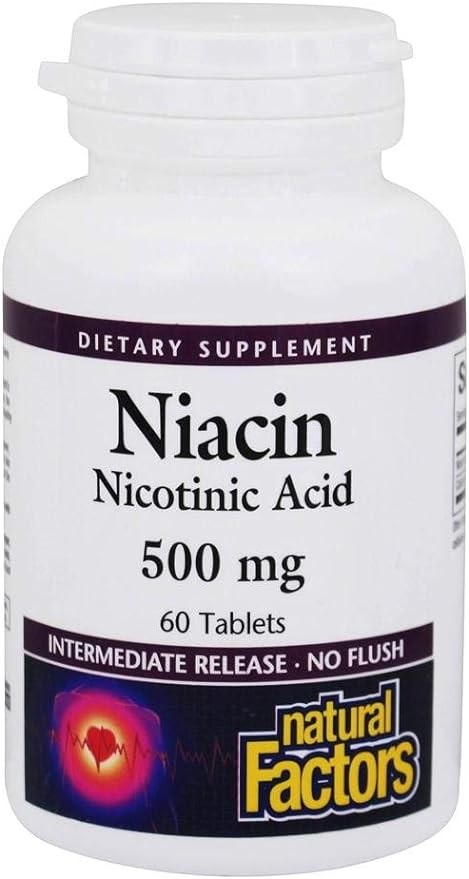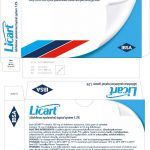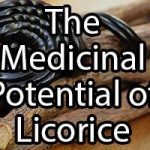
Contents
Lipitor vs. Niacin
Lipitor is an HMG-CoA reductase inhibitor used to lower cholesterol levels in the blood. It reduces total and LDL cholesterol, slowing the progression of coronary artery disease. Lipitor also increases HDL cholesterol and reduces triglycerides. It prevents angina, stroke, heart attack, heart failure, and revascularization procedures in people with coronary artery disease.
Niacin is a nutrient used to treat niacin deficiency and reduce cholesterol and triglyceride levels. It lowers LDL cholesterol and increases HDL cholesterol by reducing the production of cholesterol-transporting proteins. Niacin is available in immediate and slow-release forms and can be obtained from various natural sources.
QUESTION
What are the side effects of Lipitor and niacin?
Lipitor
Lipitor is generally well tolerated. Minor side effects may include:
Other commonly reported side effects are:
- Common cold (nasopharyngitis)
- Joint pain (arthralgia)
- Pain in the extremities
- Urinary tract infection
Lipitor may cause liver and muscle damage. Serious liver damage is rare, but liver tests should be performed regularly. Muscle inflammation caused by Lipitor can lead to rhabdomyolysis, a condition that releases muscle protein into the blood and can cause kidney failure. To prevent this, patients taking Lipitor should immediately contact their healthcare professional if they experience unexplained muscle pain, weakness, or tenderness. Lipitor has also been associated with increases in HbA1c and fasting serum glucose levels.
Post-marketing reports for Lipitor have indicated adverse events such as:
Symptoms may occur after starting treatment and resolve within three weeks after stopping the medication.
Niacin
The most common side effects of niacin include:
- Stomach upset
- Flushing
- Headache
- Orthostatic hypotension (reduced blood pressure upon standing)
- Vomiting
- Diarrhea
- Itching
- Tingling sensations of the extremities
Flushing can be reduced by taking aspirin before niacin and increasing the niacin dose slowly. Drinking hot liquids or alcohol shortly before or after niacin may increase flushing. Extended-release formulations of niacin may cause flushing less frequently.
Rare cases of liver failure or muscle injury have occurred from niacin use. Liver tests should be performed before starting niacin therapy and periodically thereafter. Niacin should be discontinued if liver tests are abnormal or accompanied by nausea, vomiting, or weakness.
What is the dosage of Lipitor vs. niacin?
Lipitor
- Lipitor is prescribed once daily.
- The usual starting dose for adults is 10-20 mg per day, with a maximum dose of 80 mg per day. Adults requiring more than a 45% reduction in LDL cholesterol may start at 40 mg daily.
- Pediatric patients should receive 10 mg once daily, up to a maximum dose of 20 mg daily.
- Lipitor can be taken with or without food, at any time of day.
Niacin
The recommended oral dose of immediate-release niacin for treating high cholesterol in adults is 1-2 g two to three times daily, with a maximum daily dose of 6 g. Extended-release tablets should not exceed 2 g per day. Niacin should be started at low doses and increased gradually over several weeks. To prevent stomach upset, niacin should be taken with meals.
Extended-release tablets should be swallowed whole and should not be crushed or chewed. They should not be substituted with immediate-release niacin.
Pellagra may be treated with up to 500 mg per day of oral niacin.
What drugs interact with Lipitor and niacin?
Lipitor
Lipitor levels can increase when elimination is decreased, so it should not be combined with drugs that have this effect. Examples include erythromycin, ketoconazole, itraconazole, clarithromycin, telithromycin, cyclosporine, nefazodone, and HIV protease inhibitors (indinavir, ritonavir). Large quantities of grapefruit juice should also be avoided.
Other drugs that may increase the risk of muscle toxicity when combined with Lipitor are amiodarone, verapamil, cyclosporine, niacin, gemfibrozil, and fenofibrate. Lipitor increases the effect of warfarin and the concentration of digoxin in the blood. Cholestyramine decreases Lipitor absorption.
Niacin
Using niacin with drugs that cause liver or muscle injury may increase the risk of those adverse events. Niacin may also increase blood glucose levels in individuals with diabetes, requiring adjustments to blood glucose medications. Bile acid sequestrants should be taken 4-6 hours apart from niacin administration.
Are Lipitor and niacin safe to use while pregnant or breastfeeding?
Lipitor
- Lipitor should not be taken during pregnancy as it reduces cholesterol production, which is necessary for fetal development. It should only be used in women of childbearing age if pregnancy is not likely.
- The secretion of Lipitor in breast milk is unknown. Breastfeeding mothers should avoid using Lipitor due to potential adverse events.
Niacin
- The effects of high-dose niacin during pregnancy are unknown.
- Niacin is actively secreted in breast milk. Nursing mothers taking niacin should avoid breastfeeding or discontinue niacin to prevent the infant from ingesting large amounts of niacin.
Summary
Lipitor and niacin are used to lower cholesterol levels in the blood. Lipitor is an HMG-CoA reductase inhibitor, while niacin is a nutrient. They belong to different drug classes but serve the same purpose.
Cholesterol Resources
Featured Centers
- What Are the Best PsA Treatments for You?
- Understanding Biologics
- 10 Things People With Depression Wish You Knew
By clicking "Submit," I agree to the MedicineNet Terms and Conditions and Privacy Policy. I also agree to receive emails from MedicineNet and understand that I can opt out of MedicineNet subscriptions at any time.


